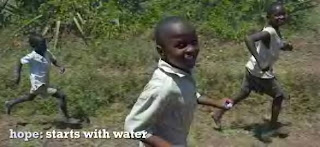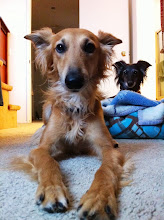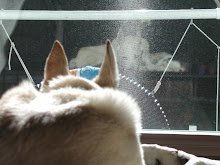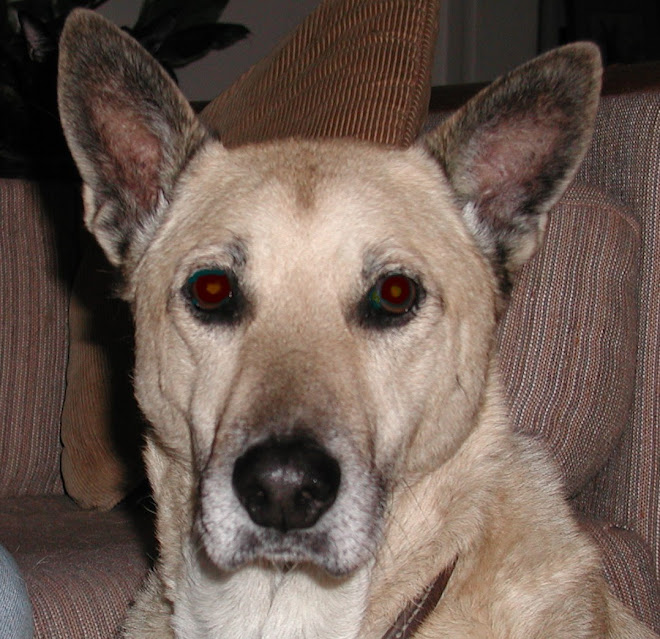Mission Statement:Compelled by God’s call and the global water and sanitation crisis, Lifewater International equips partner organizations and works with them to empower communities in developing countries to gain safe water, adequate sanitation, effective hygiene, and the knowledge of Jesus’ love.
Our Vision:Our vision is a world where every person has access to safe water, improved health, and the knowledge of Jesus’ love.
http://www.lifewater.org/
The details and plans around this mission statement are multi-faceted. As with many of us who were there for the first time, I was exposed to the concept of WASH (WAter, Sanitation, & Hygiene), as a union of needs as opposed to the misconceived mindset of "I'm going to help drill a well in Africa for water".
Hearing From Lifewater Partners-
A Lifewater Partner can be defined as-
A church, mission organization, or non-governmental organization working in a developing country that has been selected through an application process by Lifewater in order to build their capacity in water, sanitation and hygiene.
This hour long workshop provided a platform so that four of the partners could explain in detail what they were currently doing in their country regarding their church, mission and help to bring WASH to the communities. The partners that took part and explained their position in this workshop were from the countries of Laos, Ecuador, Uganda, and Ethiopia. Each partner spoke of the WASH programs in that area, along with the impact of their church. One partner said that the people were now listening to what was being said and a chant they were using is----
"to reduce death we must listen"
Lifewater currently has partners in the following countries-
- Afghanistan
- Ecuador
- Laos
- Mozambique
- Ethiopia
- Uganda
- Kenya
- Zambia
This was one of my favorite workshops. It dealt specifically with what are acceptable technologies (sorta like the name implies).
Acceptable WASH Technologies can be defined as-
- Culturally Acceptable
- Locally Available
- Locally Reproducible
- Affordable
- Sustainable
Many points surrounding technologies and current conditions in the countries were addressed in this workshop, the most important item I learned in this hour was the requirement for SUSTAINABILITY. This is one word that kept rearing it's head more than others throughout the entire five days.
The equipment and technologies that are supported by Lifewater must be oriented to being operated by, repaired by, trained for further use by, and most important supported by the people that will be using these methods to maintain a minimum level of WASH. Lifewater will not give objects, but rather empowers the poverty stricken and sick with training.
In this same Workshop information regarding Sanitation and Hygiene was addressed with the same focus toward sustainability.
This workshop also gave some broad brush stokes regarding technologies that are employed by Lifewater.
WASH- Transforming Communities- The Big Picture
In this workshop we explored the the traditional definition of "development" as opposed to the need to "Transform" a community. We learned the importance of community mapping and how that information can be used to access the requirements of a proposed project.
The Fine Line of Sustainability
This was one of my favorite workshops, however it was one of the "headier" ones also. It dealt primarily with trying to understand and relate to poverty in any given country and how it in turn correlates to the need of Sustainability. It examined how poverty is perceived and the impact of poverty on people.
I walked away from this with the understanding that poverty is not a financial situation that can be remedied with money or technologies thrown at the problem. Poverty is the lack of empowerment by a people and that in itself continually keeps them from achieving goals as simple as their daily needs.
With any project that needs to take place where common western goals are set, the process of achieving those goals needs to be taken into as much consideration as the goal itself.
On Saturday evening there was a social connection gathering that included everyone at the conference. This gave me more opportunity to hear from the staff of Lifewater along with those guest speakers that were in some of the workshops.
It is hard to describe the fellowship and camaraderie that grew throughout the week. One of the men I grew close to said it was the most important and unexpected gem that he took home with him.
After Sunday Morning Worship and brunch there was an international faire, and it gave everyone more time to ask questions about the countries where Lifewater is active. Either country partners or country coordinators were at each booth representing the eight countries that Lifewater is currently active in.
ETM stands for Exploring Transformational Missions. When I first signed up for the conference the title was very confusing, but as the week continued the meaning became clearer.
The entire training class is taught in the same method that is used in training the partners and their associates oversees. Because of communication barriers; pictures, skits, and even play dough sculptures are used to communicate information.
- Compelled by God's call and the global water and sanitation crisis.....
- Lifewater International equips partner organizations and works with them to....
- Empower communities in developing countries to gain safe water, adequate sanitation. effective hygiene, and the knowledge of Jesus's love.
I sit here reviewing the information and come to the realization that I can't provide any summary that would give justice to the 3-1/2 days of class time. Some of the highlights involved are listed below. Although most will need some explanations, they will be memory sticks for me;
- Poverty and the Poor
- Merging the Great Commission and the the Great Commandment
- Importance of the WASH framework
- Lifewater Project Cycles
- Effective Learning Principles
- Exploring Teaching Methods
- Cultural Sensitivity
- Servant Attitudes
- Understanding Change
- The process and Steps to Change
In His Name.....rich









